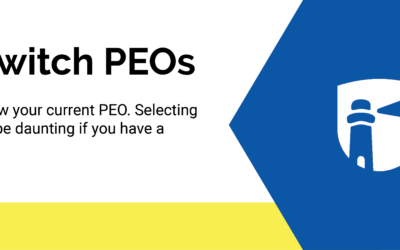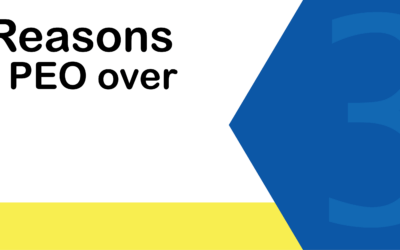Although the Fair Labor Standards Act (FLSA) does not require that you give employees a pay stub, it does mandate that you keep accurate records of employees’ wages and hours worked. Also, many states require that employers supply employees with a pay stub.
However, not all states require pay stubs, and in some cases where it is a requirement there may be a lack of specificity in terms of what information should be included. Therefore, we’ve put together a list of suggested items — which can help you maintain a reliable audit trail and minimize employee inquiries. See the pay stub definitions below.
Pay Date and Pay Period
The pay date is the actual day that the employee gets paid, and the pay period is the length of time that the pay date covers. Let’s say you pay biweekly, with a week lag. The pay period start date for a Feb. 5, 2021, pay date would be Jan. 17, 2021, and the pay period end date would be Jan. 30, 2021.
Gross Wages
This entails all payments made to the employee for the pay period, before any deductions are taken out. Gross wages may include salary, regular hourly wages, overtime wages, double-time wages, holiday pay, vacation pay, commissions, tips, bonuses and expense reimbursements.
Hours Worked
Pay stubs for nonexempt employees — whether hourly or salaried — should reflect the number of hours worked during the pay period.
Pay Rate
For nonexempt hourly employees, this is the regular hourly rate. For nonexempt salaried employees, this is the salary amount that was due for the pay period. If the nonexempt employee worked overtime or double-time, the increased hourly rate should be reflected. For exempt salaried employees, the pay stub can simply show the gross salary amount, as these employees aren’t eligible for overtime or double-time pay.
Pretax and After-Tax Deductions
The employee’s pretax deductions — such as traditional 401(k) contributions and Section 125 health insurance premiums — are subtracted from gross wages before the respective taxes. After-tax deductions — such as Roth 401(k) contributions and wage garnishments — are taken from gross wages after taxes. To simplify reading, pretax deductions and after-tax deductions should be categorized separately on the pay stub.
Taxable Wages
This is the employee’s pay that is subject to taxation, after pretax deductions have been subtracted from the gross wages. It does not include after-tax deductions.
Taxes
This includes federal income tax, Social Security tax, Medicare tax, and applicable state and local taxes that were deducted from the employee’s taxable wages for the pay period.
Year-to-Date Wages and Deductions
Year-to-date wages are the employee’s total earnings so far for the year, and year-to-date deductions are the employee’s total deductions (including taxes) so far for the year. This information is especially important when reconciling employees’ wages and deductions with their W-2.
Paycheck Adjustments
Any adjustments — such as retroactive pay or deductions for overpayment — made to the employee’s wages for the pay period should be revealed on the pay stub.
Net Pay
This is the employee’s take-home pay, after all deductions have been taken out.
Make sure you provide all the necessary information required by law and best practices
Copyright 2025
Why Atlantic Payroll Partners
The biggest payroll companies probably won’t have time for your business. It’s that simple, you’ll be a number. At Atlantic Payroll Partners, you’ll be the opposite. We’ll know more than your name; we’ll know the names of your children and their birthday’s as well. We will know you.
We’ve been helping Florida business by managing their payroll and providing workers' compensation quotes for ten years. We help keep payroll cost affordable by provided transparent PEO payroll quotes that allow you to plan your budget accordingly. Like the big payroll companies, you can manage your payroll and payroll timekeeping with us, while reaping the benefits of PEO risk management.
Thinking about payroll outsourcing can be scary. Make sure you know what to expect from payroll outsourcing providers; to make the best decision for your business. In addition to offering payroll, and workers' comp quote we offer: Human Resource consultations, Accounting services, and benefits such as, 401ks and Healthcare plans.



